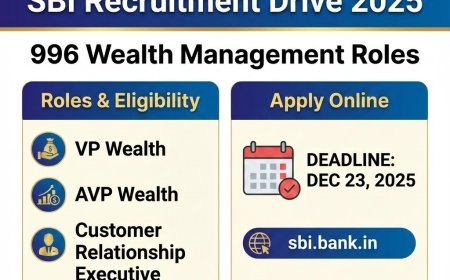SEBI - Investor Certification Examination
SEBI - Investor Certification Examination
Q 61. What is the main purpose of estate planning?
- To reduce taxes
- Investing in stocks
- To distribute one's assets to beneficiaries after death
- Save for retirement
Q 62. What is a "Will"?
- A legal document for transferring property during one's lifetime.
- A written legal declaration of the desire to distribute assets after death
- A financial investment plan
- A type of insurance policy
Q 63. What is the first step in making a Will?
- Decide on beneficiaries
- Consult a financial advisor
- Make a list of movable and immovable items
- Register the Will
Q 64. Why is it preferable to get a Will witnessed by a doctor and lawyer?
- To avoid taxes
- To ensure it is legally valid
- To increase its value
- To distribute assets more quickly
Q 65. What is not a problem that can arise in the absence of a Will?
- Asset distribution according to personal laws
- Feuds among beneficiaries
- Expensive litigation
- Succession disputes taking years to resolve
Q 66. What is a nominee's role in estate planning?
- To inherit the assets directly
- To act as a custodian of the asset owner's money
- To manage the estate
- To write the Will
Q 67. Is nomination mandatory for a Demat account?
- Yes, it is mandatory
- No, it is not allowed
- No, it is not mandatory but advisable
- No, it is never necessary
Q 68. What can lead to expensive litigation among beneficiaries?
- Making a detailed Will
- Consulting a lawyer for estate planning
- Absence of a Will
- Registering the Will
Q 69. What should be done after nominating someone for a financial account?
- No further action is required
- Inform the nominee about their role
- Register the nomination in court
- Close the account immediately
Q 70. What is a potential consequence of not having a Will in place?
- Immediate asset transfer
- Beneficiaries get exactly what the deceased intended
- Distribution according to personal laws, which may not align with the deceased's wishes
- Automatic tax benefits for beneficiaries
Q 71. Who is responsible for executing the Will?
- The lawyer
- The court
- The person named in the Will
- The bank manager
Q 72. Why is it preferable to register a Will?
- To make it easier to change
- To increase its legal validity and reduce disputes
- To avoid paying taxes
- To ensure it is immediately effective
Q 73. What must be done when making a list of assets for a Will?
- Include only immovable assets
- Include both movable and immovable assets
- Exclude financial accounts
- Only include personal items
Q 74. What is one benefit of making a Will?
- Avoids all types of taxes
- Guarantees asset growth
- Prevents feuds among beneficiaries over asset distribution
- Ensures assets are not distributed
Q 75. What is the main benefit of having insurance?
- To make more money
- To protect against potential financial losses
- To pay fewer taxes
- To buy a new car




